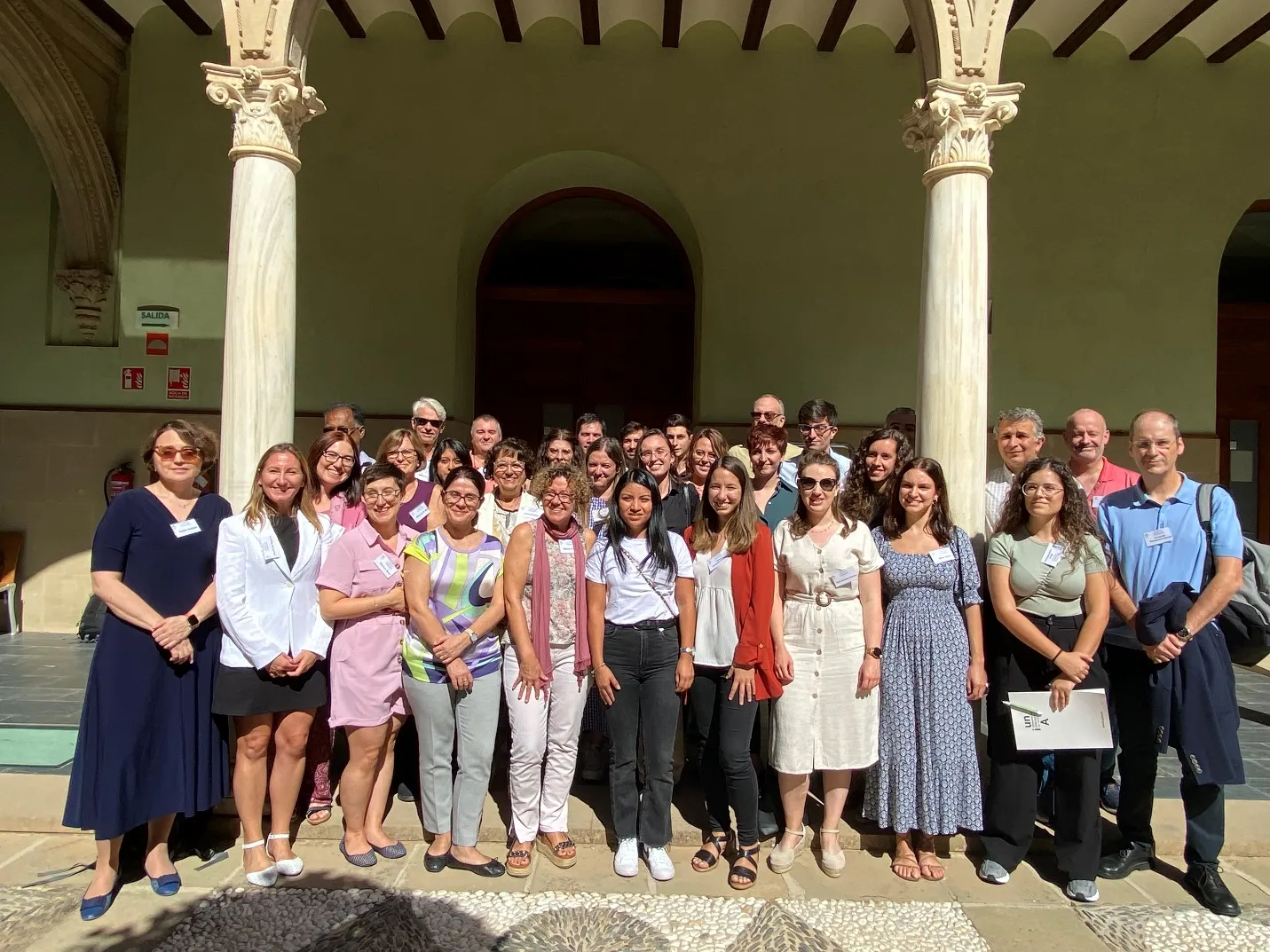Found 5 results
Open Access
Review
21 March 2025Metabolic Regulation of T Cell Exhaustion
Cytotoxic CD8 T cells play a crucial role in controlling tumor progression. However, T cells infiltrating tumor tissues upregulate inhibitory receptors, reduce cytokine secretion, and lose their killing function, a state known as exhaustion. Thus, preventing or reversing T cell exhaustion is essential for sustaining a successful antitumor immune response. Recent studies have shown that T cell immunity not only requires the three primary signals—antigen receptor signaling, costimulation, and cytokines—but is largely shaped by endogenous and ambient metabolites as a fourth regulatory signal. Therefore, metabolic changes in the tumor microenvironment, caused by tumor cell proliferation and tissue remodeling, have a significant impact on the function of tumor-infiltrating T cells. This paper will review mechanisms by which three major types of metabolites—carbohydrates, lipids, and amino acids—influence T cell exhaustion in the tumor microenvironment, providing insights and directions for exploring metabolic targets in antitumor immunity.
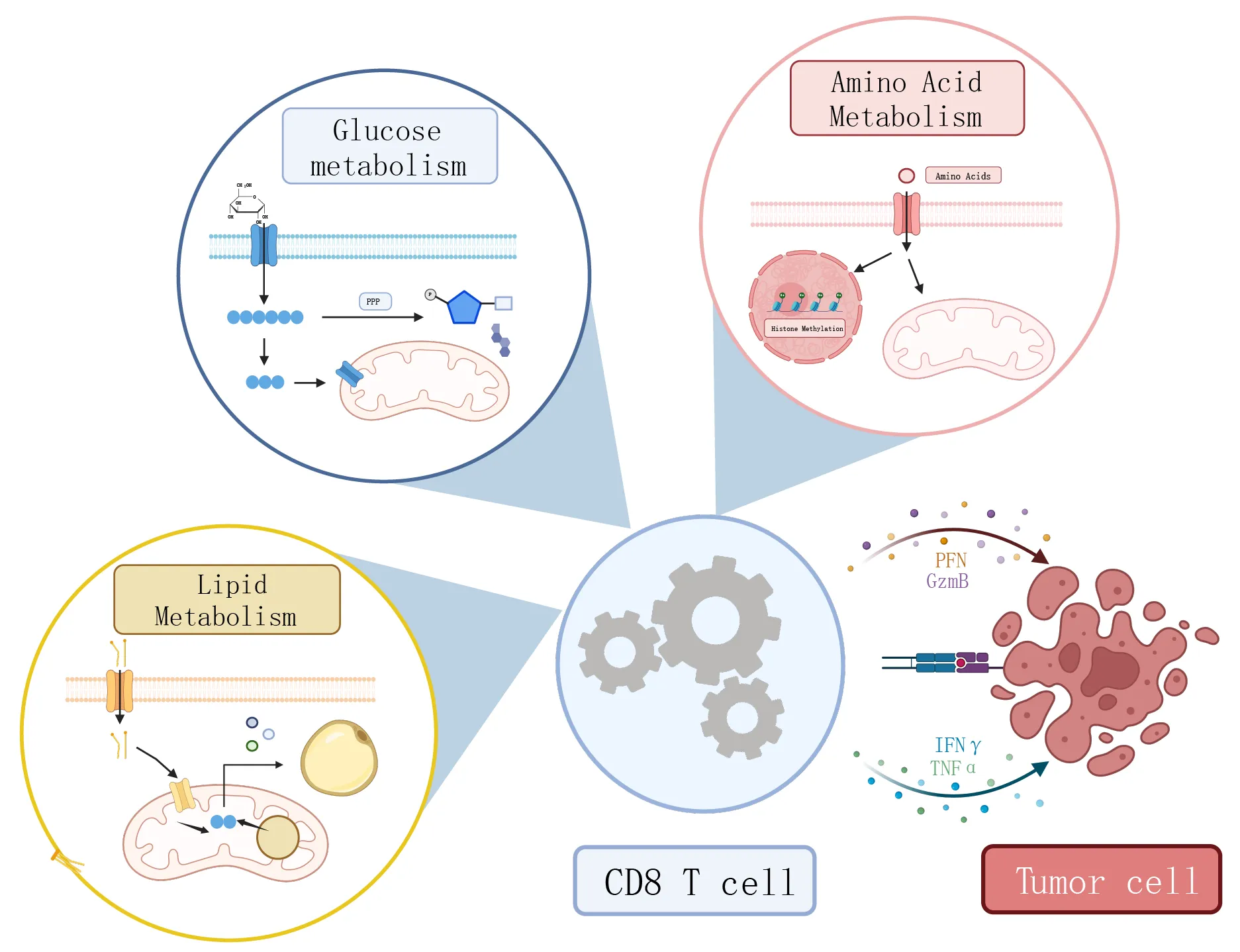
Open Access
Communication
21 January 2025Differential “Tree Attraction”—Epiphytic Growth of Umbilicus rupestris and Other Lithophytic Crassulaceae
Epiphytic species grow (almost) exclusively on a living substrate, typically a tree, but epiphytic growth is not restricted to them. Individuals of normally lithophytic or terrestrial species may occasionally be found on a tree as so-called accidental epiphytes. Species of the focal group of this study, Crassulaceae, are typically found on rocks and in rock fissures. While there is a small proportion of true epiphytes globally, the propensity of the other family members to occur as accidental epiphytes is largely unexplored. Here, I investigated this question for 29 European members of the family with the use of the participatory science data platform iNaturalist. Umbilicus rupestris stands out in regard to epiphytic occurrences, although the incidence of epiphytic growth is still rather low with c. 1% of c. 14,000 observations. For all other species, epiphytic growth has not been reported or was exceptional. As expected, epiphytic individuals of U. rupestris were limited to regions without frost, while a predicted limitation to the wettest parts of the species’ geographic range was not supported by the data. Arguably, Umbilicus rupestris could be a promising model to study the early steps of epiphyte evolution by comparing epiphytic and terrestrial individuals in regard to differential germination success, ease of establishment, differences in morphological and physiological traits and general population dynamics. The results of such studies should be highly instructive for our understanding of the challenges that terrestrial species face when conquering tree crowns.
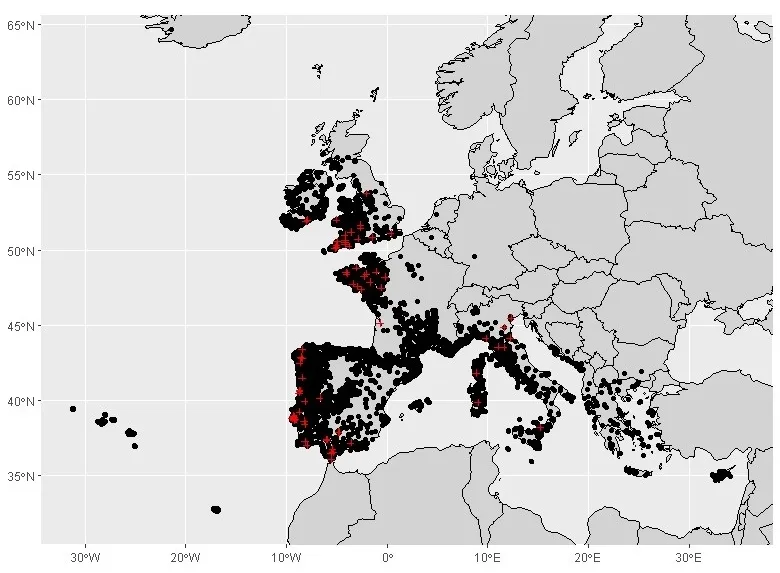
Open Access
Article
14 January 2025CYLD Regulates T Cell Metabolism and Mitochondrial Autophagy through LKB1/AMPKα Pathway
The deubiquitinating enzyme cylindromatosis (CYLD) plays a fundamental role in regulating T cell development and activation. Previous studies have shown that CYLD is associated with autophagy, while AMP activated protein kinase (AMPK) pathway regulates the development of autophagy and affects cell metabolism. However, the mechanism by which CYLD affects autophagy and whether it affects the downstream metabolism of AMPKα remains unclear. In this study, we used the CYLD gene knockout model in Jurkat cells to investigate the mechanism of CYLD and autophagy and its relationship with cellular metabolism. The results show that CYLD deletion promotes autophagy through AMPKα/mTOR/ULK1 signaling pathway, promotes mitochondrial autophagy to improve mitochondrial function and attenuates cell lipid metabolism in Jurkat cells.
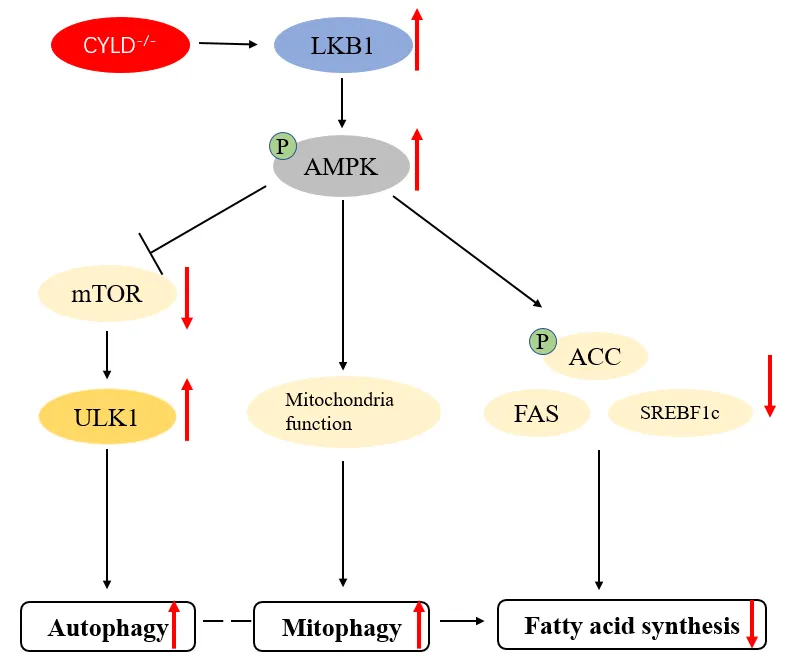
Open Access
Article
28 March 2024Glutamine Metabolism Is Required for Alveolar Macrophage Proliferation
Alveolar macrophages (AMs) are critical for normal lung homeostasis, surfactant metabolism, and host defense against various respiratory pathogens. Despite being terminally differentiated cells, AMs are able to proliferate and self-renew to maintain their compartment without the input of the hematopoietic system in the adulthood during homeostasis. However, the molecular and metabolic mechanisms modulating AM proliferative responses are still incompletely understood. Here we have investigated the metabolic regulation of AM proliferation and self-renewal. Inhibition of glucose uptake or fatty acid oxidation did not significantly impact AM proliferation. Rather, inhibition of the glutamine uptake and/or glutaminase activity impaired AM mitochondrial respiration and cellular proliferation in vitro and in vivo in response to growth factor stimulation. Furthermore, mice with a genetic deletion of glutaminase in macrophages showed decreased proliferation. Our data indicate that glutamine is a critical substrate for fueling mitochondrial metabolism that is required for AM proliferation. Overall, our study is expected to shed light on the AM maintenance and repopulation by glutamine during homeostasis and following acute respiratory viral infection.
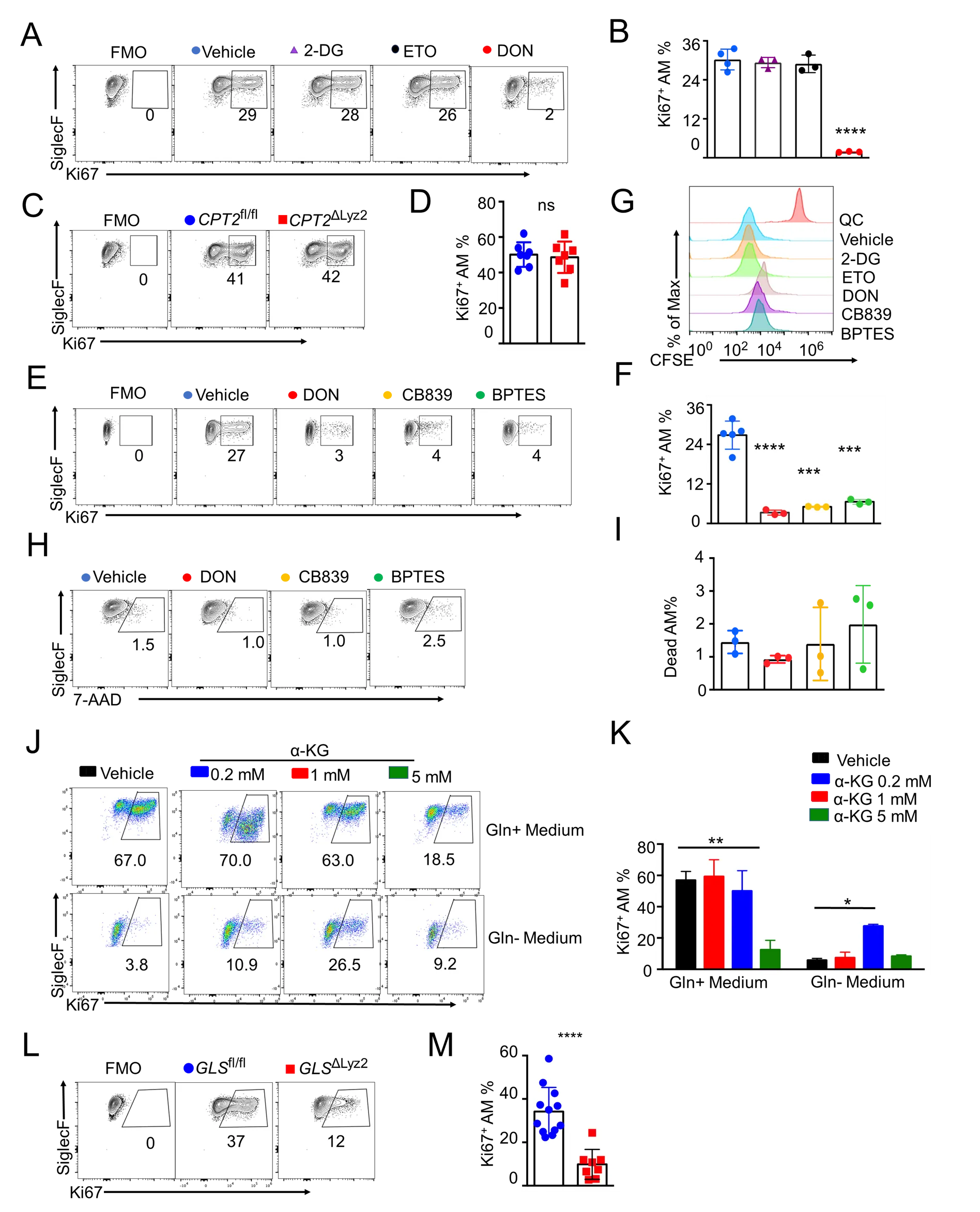
Open Access
Meeting Report
20 February 2024The Cellular and Metabolic Bases of Organ Fibrosis: UNIA Workshop 2023 in Baeza, Spain
Fibrosis is defined by scarring and tissue hardening caused by excess deposition of extracellular matrix components, mainly collagens. A fibrotic response can occur in any tissue of the body and is the final outcome of an unbalanced reaction to inflammation and wound healing induced by a variety of insults, including persistent infections, autoimmune reactions, allergic responses, chemical exposure, radiation, and tissue injury. The accumulation of extracellular matrix proteins replaces the living tissue and disrupts the architecture leading to organ malfunction. Fibrosis remains a major clinical and therapeutic challenge and has been estimated to account for 45% of deaths in the developed world. While major advances regarding mechanistic knowledge on the underlying cell biology alterations in fibrosis have helped to characterize the main phases and mediators involved, this knowledge has not yielded significant progress in treatment. Only recently, the metabolic features associated to fibrosis have begun to emerge. This information, likely representing only the tip of the iceberg, suggests that metabolic derangement is a key culprit in the pathophysiology of fibrogenesis. The Workshop on The Cellular and Metabolic Bases of Organ Fibrosis, International University of Andalusia, Baeza, Spain, October 8–11, 2023 aimed to discuss the current knowledge and novel perspectives on the mechanisms contributing to the development of fibrosis in different organs and tissues, with particular focus on new methodological developments in metabolomics and therapeutic strategies.
